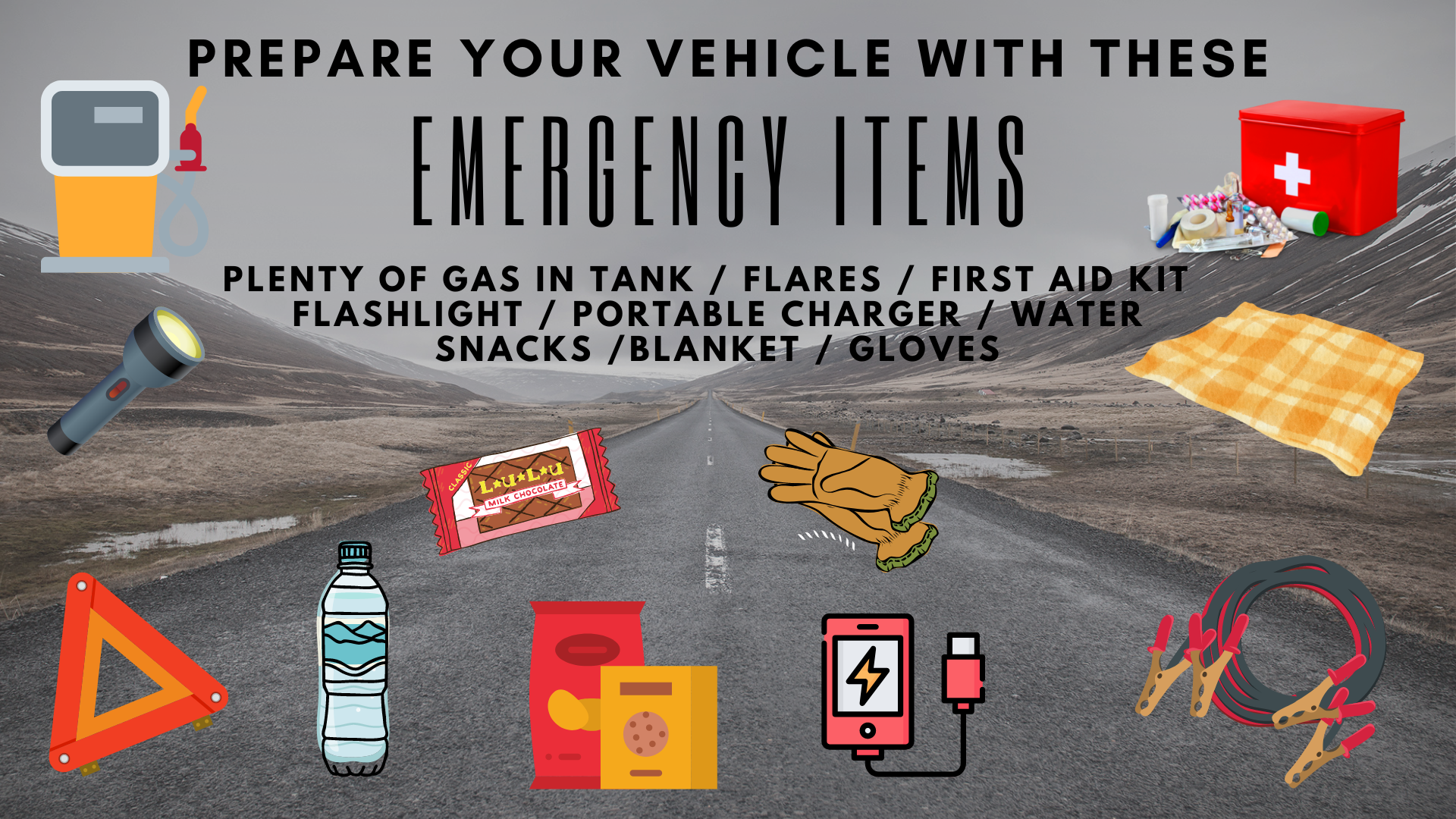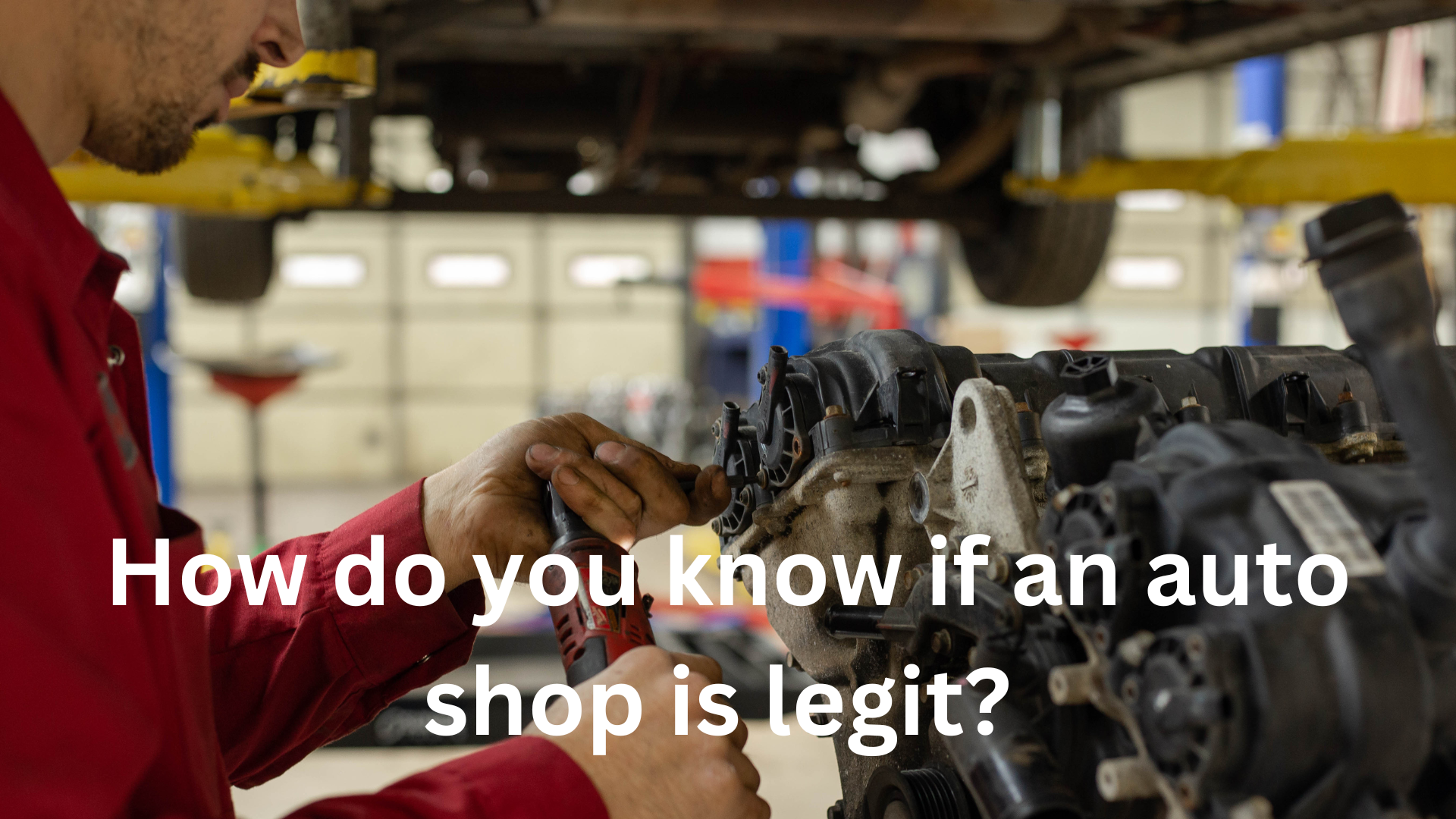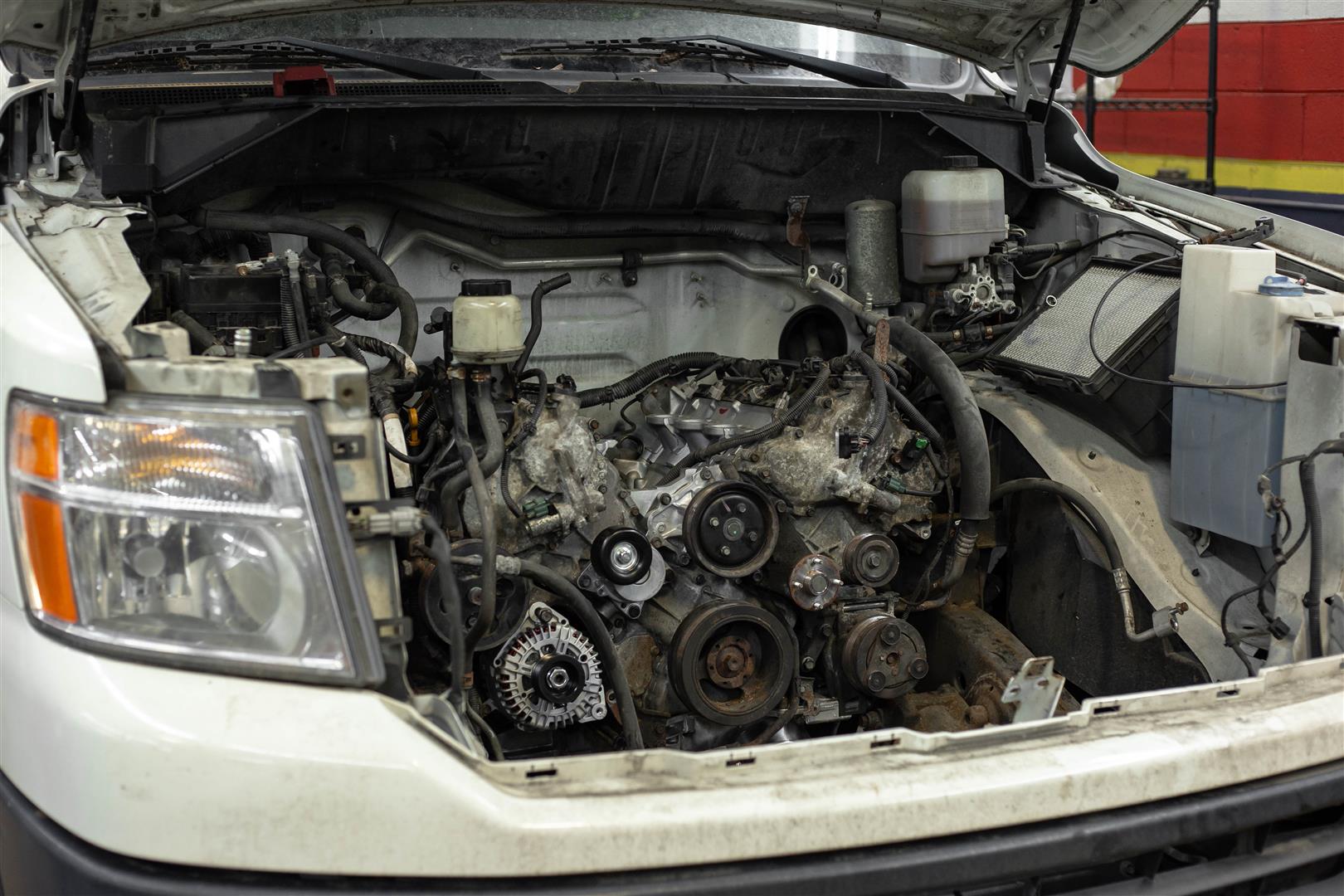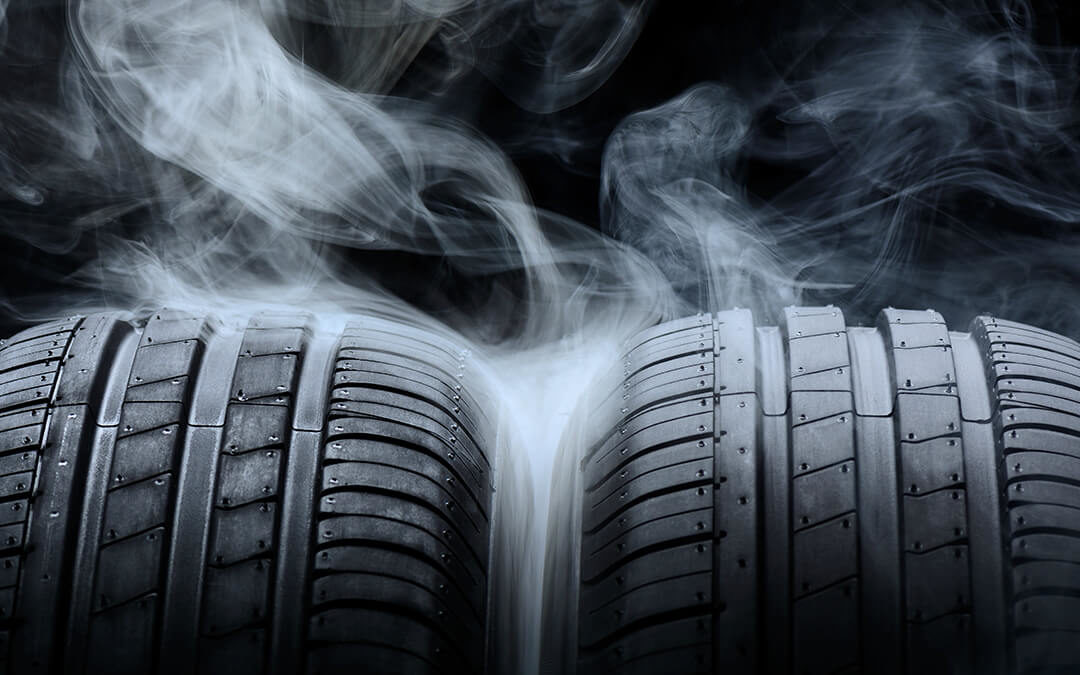Posted on 2/27/2023

Here in the Northeast, we are pretty savvy when it comes to driving in extreme weather conditions. Although we just experienced the mildest January and February we’ve seen in a long time,it’s predicted that as with all good things, this must come to an end. I guess it kinda serves us right for getting all psyched for spring when clearly we have weeks and weeks of winter to go. Don’t think poorly of the weather man, he's just trying to get it right. However, I could do without the endless memes and snowflake icons popping up all over the place. Prior to the heatwave we had in January, we took some time to put together a list of things every motorists in NJ should keep in your vehicle in case of an emergency. It should go without saying, but if you don’t have a good ice scraper or brush in your car, they should be number one and two on your list. After that it’s some common sense items and then a few that we feel are necessities. If you are aware ... read more
Posted on 2/27/2023

If you feel like you’ve been burned by an auto repair shop in the past, you’re in good company. Some surveys suggest that as many as 3 out of 4 people feel like they have been overcharged for auto repairs or worry about being overcharged for services they may not even need. As with most things in life, knowledge is power, so the more you know the less likely you are to be targeted for overcharging. Here’s a helpful guide to answer the question: how do you know if an auto shop is legit? Signs That an Auto Shop is Legit Honest, forthright auto shop owners and technicians tend to exhibit similar actions, accolades, and business practices. They include: Ethical Auto Repair Shops Will Provide Written Estimates Shops need time to properly inspect your car in order to provide a written estimate so steer clear of shops that resist quoting you an estimate. Trustworthy Shops Will Have the Receipts to Prove Dedication to Their Craft Trustworthy auto repai ... read more
Posted on 2/27/2023

Here we have a 2013 Nissan NV2500 V8 that has suffered what we call “catastrophic failure”. Upon inspection, our tech Jay found that multiple connecting rods blew a hole clear through the oil pan sending shrapnel and oil all over the road, and cracking a couple of the pistons. The connecting rod links the crankshaft and the piston together, and takes the abuse of every single explosion the combustion chamber brings. These rods push the crankshaft and cause it to spin, which spins everything else in the motor as well. Now, this is not a normal issue that we run into every day, but unfortunately, we have seen it many times in the past. This kind of failure happens due to a lack of lubrication. Without proper lubrication, there is more friction which causes things to wear faster or fail. A couple of reasons why you might run into lubrication problems could be from old oil that has lost its viscosity, water in the oil, a bad oil pump, clogged oil ports, oil burning, or not eno ... read more
Posted on 2/2/2023

Recently while being a passenger with a much younger driver it came to my attention that new drivers don’t know about the dangers of tailgating. And I’m not talking about a 17-year-old who just got their license either (the written test for those drivers might at least still be fresh in their mind) I’m referring to twenty-somethings who have been at this driving thing for some time now and should now be safe and reliable drivers. However as I held on for dear life, jammed my foot to the brake pedal that wasn’t there, made the sign of the cross while praying that this was not the end, and even closed my eyes on a few close calls, I had to speak up. I get that I’m “old” in the eyes of the company I was in, but I really felt uncomfortable being shotgun for this ride. I felt even worse for the backseat passengers. So, after yet another near miss and me holding my breath I calmly asked the driver ... read more
Posted on 2/1/2023

Do you ever find yourself having to fill up your tires with air every once and a while? You think you may have a leak, so you take it somewhere to have it checked out and what do you know, you are told that your tire is fine. But how could that be? It was obviously low and losing pressure somewhere. Most people are unaware that tires are almost constantly losing pressure. The compound and structure that make up a tire is actually filled with tons of microscopic pores, similar to your skin. This causes the air to leak out of the tire at an extremely slow rate, even if you don’t have any puncture in the rubber. One way to battle this slow leak is with Nitrogen. Nitrogen molecules are bigger than Oxygen molecules, so they have more trouble leaking through the tiny pores. Another benefit of using Nitrogen is that temperature does not affect it like it affects regular air.. If you live in an area where there are drastic temperature changes, you may notice that your tires ... read more